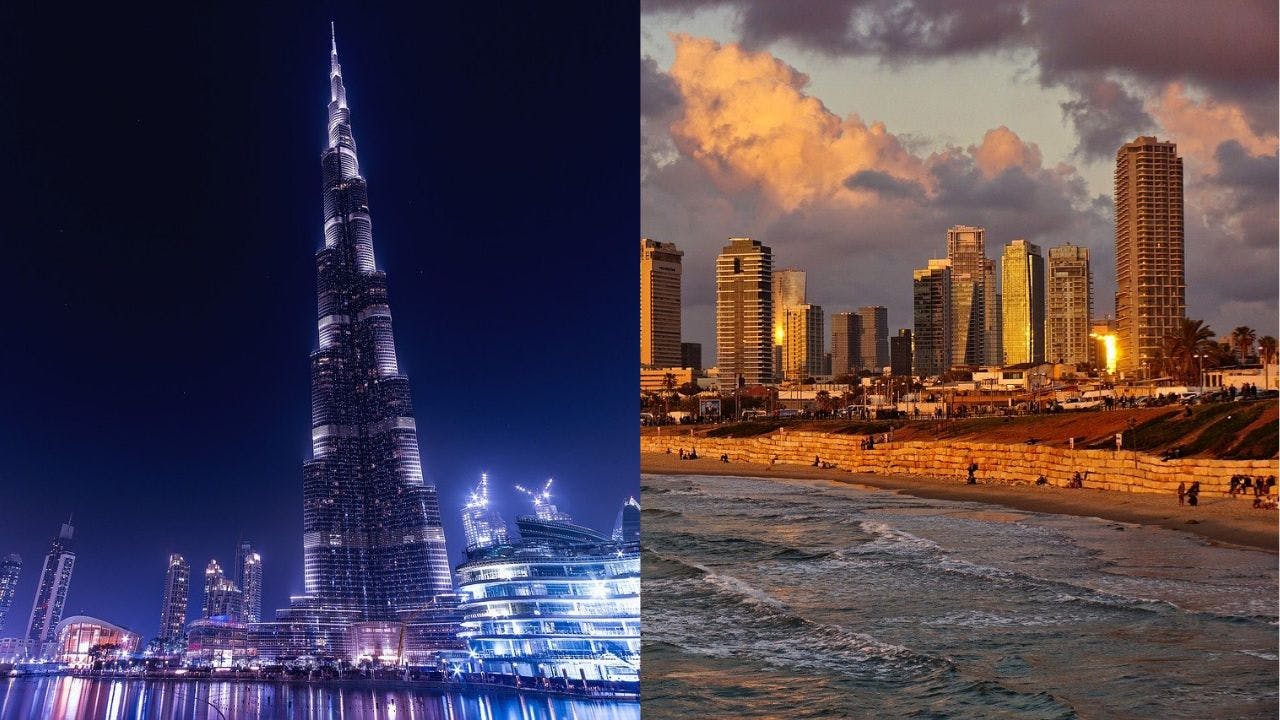Israel's Innovation Ethics Played A Huge Role In The Middle East Peace Movement - An Overview
by
December 25th, 2020
Concerned with Tech Censorship, Urban/Rural Sustainable Development, Space Exploration
About Author
Concerned with Tech Censorship, Urban/Rural Sustainable Development, Space Exploration
